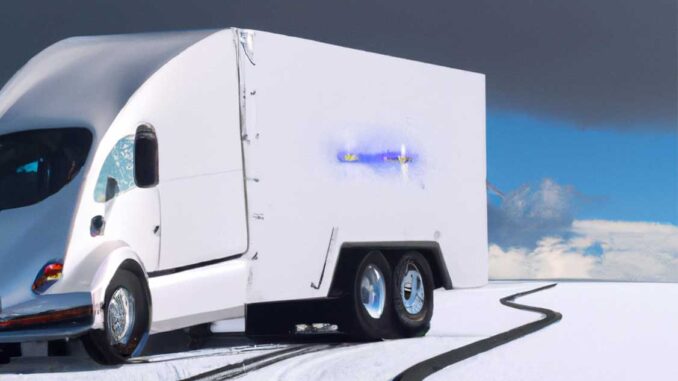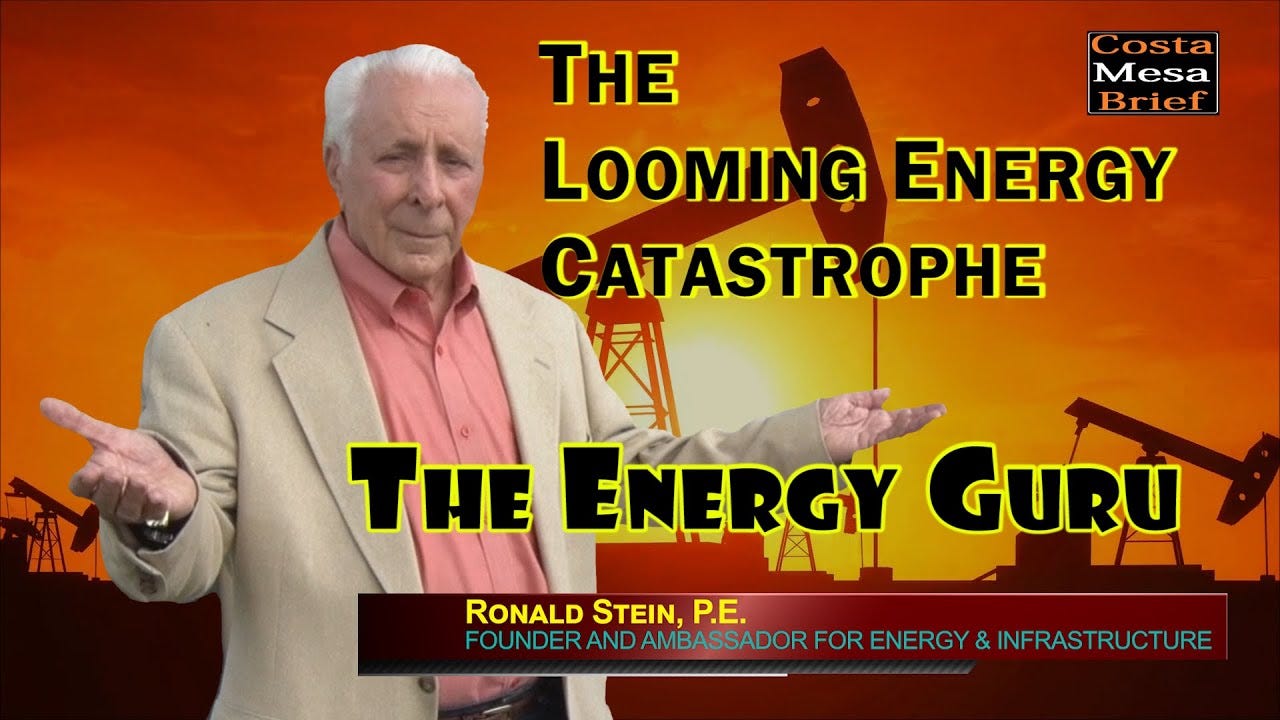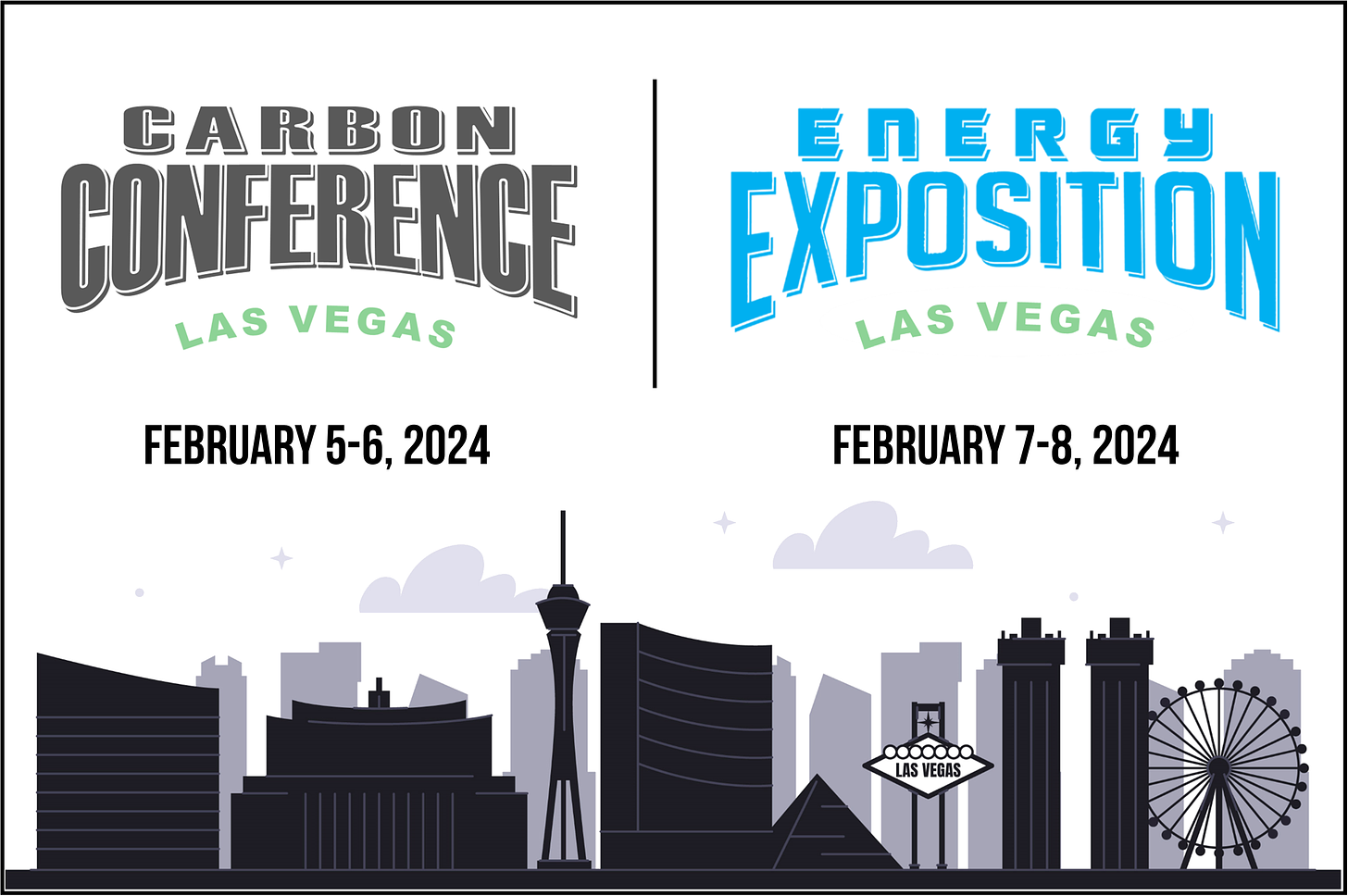
The California GREEN movement, at any cost, is progressing at warp speed.
Earlier this year, California passed regulations that would turn the trucking industry upside down. Zero emission mandates would disrupt the industry, raise shipping costs, and put trucking companies out of business. A group including 19 states and several trucking organizations recently filed suit to block the California regulation.
A little background on the EV Truck mandate: California’s Advanced Clean Fleets (ACF) Regulation goes into effect on January 1, 2024.
The ACF requires that truck operators buy only Zero Emissions Vehicle (ZEV) trucks for medium-duty and heavy-duty trucking operations as early as January 2024.
The ACF also requires that trucking companies transition their fleets to 100 percent ZEV trucks by 2035 to 2042, depending upon class of truck.
This EV truck mandate lacks conversations about the many conundrums associated with this mandate, i.e., the elephant in the room that no one wants to talk about:
1.For those huge EV truck batteries there is virtually non-existing transparency of the environmental degradation and the human rights abuses occurring in developing countries with yellow, brown, and black skinned people. Both human rights abuses and environmental degradation are directly connected to the mining for the exotic minerals and metals that are required to manufacture those EV batteries. The children used to produce the lithium for an EV battery is appalling.
2.California has almost 400,000 miles of roadways used by the State’s 31 million vehicles. Those roadways are heavily dependent on road taxes from fuels that contribute more than $8.8 billion annually, the same gas tax revenues that also funds many environmental programs. That $8.8 billion revenue source will diminish in the decades ahead as EV’s begin to replace internal combustion engine vehicles.
3. The heavier EV trucks will put more wear and tear on the California roadways. How will the State replace $8.8 billion from fuel taxes to maintain the California roadways?
4.California is the 4th largest economy in the world and has three of the largest shipping ports in America—No. 1 in Los Angeles, No. 2 in Long Beach, and No. 7 in Oakland. Ships arriving and departing from the ports up and down the coast from San Diego to San Francisco.
5.Many truckers are individual operators that may just stop coming to California! Those trucks that access three of the largest shipping ports in America move a lot of products for the entire country.
6.Trucker’s travel all over the nation, thus heavy EV truck charging stations sites would need to be built all over the nation to keep those trucks moving.
7.EV trucks are only for those in wealthy countries as Nearly Half the World Lives on Less than $5.50 a Day, as billions still struggle to meet basic needs. They may never be able to enjoy the materialistic living styles of those in wealthier countries.
8.Electric trucks suffer major disadvantages when compared to diesel trucks:
9.Diesel trucks can travel about 1,200 miles after filling the tank in 15 minutes. The range of electric trucks is about 150-330 miles, and recharging may take hours, even on a high-speed charger.
10. EV truck cabs cost two-to-three times as much as diesel cabs, an incremental cost of as much as $300,000 per truck.
11. EV cabs also weigh about 10,000 pounds more than comparable diesel versions.
12. China emits more greenhouse gases in a day than California trucks emit in a year.
The California GREEN movement continues to be a National Security risk for America as 4th largest economy in the world is already importing most of its crude oil demands from foreign countries, to support the States’ 9 International airports, 41 Military airports, and 3 of the largest shipping ports in America, and is now mandating that the trucks that move many of the products to Americans be electric!
OP/ED is written by Ronald Stein.
Ronald Stein is an engineer, senior policy advisor on energy literacy for the Heartland Institute and CFACT, and co-author of the Pulitzer Prize nominated book “Clean Energy Exploitations.”
Stein started his career as a project manager at Fluor in July 1964. Later he worked as a project manager in Jaws Attraction, Florida, at Universal Studios in 1987.
He established PTS Staffing in April 1995. Since 2010, he has written different Op-eds about the energy sector and conservation. Stein started Energy Literacy, an initiative for educating the public about energy topics. He is a policy advisor on energy literacy at Heartland Institute and The Committee for a Constructive Tomorrow (CFACT).
Stein has been named as the private business spokesperson for the energy industry. He has started an initiative for Energy Literacy, where he shares books, podcasts, and articles to educate people about the energy sector.
Stein is an energy agnostic, and supplies in-depth discussions and explanations about energy-related subjects for the public to become energy literate about the many sides of renewable electricity, and the products manufactured from fossil fuels, that support lifestyles and economies around the world.

Renewables and fossil fuels are different. Fossil fuels are primarily used to manufacture products and fuels for humanity, while renewables only generate electricity but manufacture nothing for humanity.
In 2020, PTS was renamed as PTS Advance, and Stein became its Ambassador for Energy & Infrastructure. Stein is also a columnist and co-author of three books.
His work has been featured in the Eurasia Review, the Heartland Institute, the Cornwall Alliance, and New Geography.



